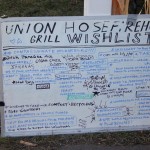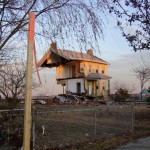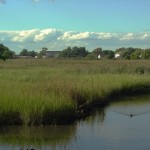 My article Transition NYC Bioregion – A Bright Green Future has been published at OEN.
My article Transition NYC Bioregion – A Bright Green Future has been published at OEN.
Monthly Archives: December 2012
Sandy a Wake up Call
 My oped Sandy a Wake Up Call has been published at OpEdNews.com.
My oped Sandy a Wake Up Call has been published at OpEdNews.com.
Divest from Fossil Fuels
In May of 2010 I wrote an oped called Spill Baby Spill. In that piece that was published in several print and online news outlets around the country called for churches, universities and individuals to divest their portfolios of fossil fuel industries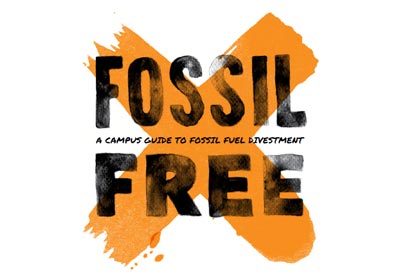 .– It said in part:
.– It said in part:
“We must put our elected and appointed officials on notice that this is the beginning of the end for fossil fuels. It is time we rejected the morally bankrupt arguments of an industry that is destroying not only our environmental and economic future, but the democratic process.
Vote with your wallet and purse. Sell mutual funds that include fossil fuel securities. Tell charitable foundations, your churches, and higher education institutions to divest portfolios of oil stocks. Invest in alternative energy companies instead. This amounts to an investment in yourself, your community, the environment, and your children’s future.”
350.org through its go fossil free campaign has been organizing students around the country to compel universities to divest their portfolios of investments in fossil fuels. Apartheid in South Africa was ended in large part to a campaign to divest South African companies from University portfolios in the US and around the world.
Sandy, Katrina, and Climate Justice
My OPED Sandy, Katrina, and Climate Justice was just published at NJToday.net, Harvest, NJ’s Environmental News Feed, and OEN
Transition New York City Bioregion, Preparing our Island Metropolis and its Bioregion for a Bright Green Future
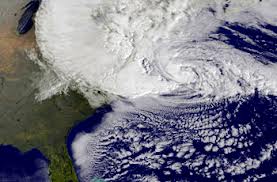
Transition New York City Bioregion
Preparing Our Island Metropolis and its Bioregion for A Bright Green Future
As Hurricane Sandy clearly showed, we are living in an age of unprecedented violent change. It is an era in which three highly disruptive crises – global economic instability, climate change, and peak everything – are converging insidiously to shred the fabric of society.
The coming shocks: international financial collapse, epic flood and drought, energy and natural resource shortages, and extreme price spikes are likely to be catastrophic if we do not prepare. The New York City Bioregion – an area covering parts of New York, New Jersey, Connecticut and Pennsylvania – is especially vulnerable to these disruptive changes. Continue reading


